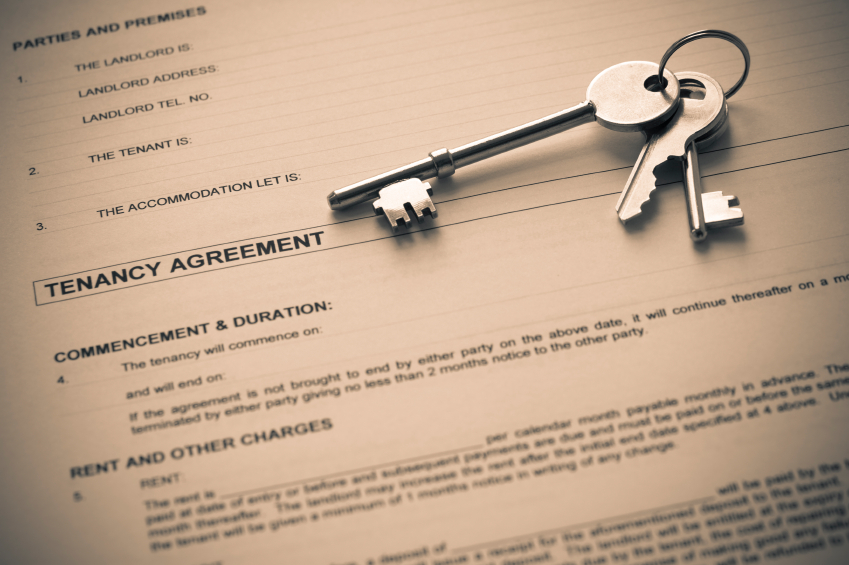According to The Royal Society for the Prevention of Accidents, the home is the most common location for an accident to happen. If you rent a property from a Landlord, the Defective Premises Act 1972 imposes a duty on your Landlord to prevent personal injury or damage to property caused by a defect in your home. This obligation and duty of care not only apply to you and your family, but also anyone who may visit your property. This can include common areas which you, your family or visitors use to access the property, such as halls, stairs and lifts.
The duty is owed if a Landlord knows, or ought to have known, about the repair or need to repair, even if you have not told your Landlord. The Landlord’s obligations also extend to ensuring that gas and electrical equipment has been safely installed and regularly maintained. The Landlord will also be responsible for repairs to the structure and exterior of the property, as well as heating and hot water systems, basins, sinks, baths and other sanitary ware, in addition to fire safety of the furniture and furnishings provided under the Tenancy.
In the writer’s experience, tenants will often complain to their Landlord about a defect or problem with the property. Unfortunately, too often, Landlords are too slow to act or ignore tenants’ complaints, which, in turn, leads to accidents which, had the Landlord acted sooner, could have been avoided.
If you are injured in your rented home and wish to pursue a claim for compensation for personal injury and losses arising as a result of your personal injury, you will have to demonstrate that your Landlord knew or ought to have known about the defect which was present. Here are some tips which may help if you, your family or a visitor are injured:
- Take photographs of the problem where possible;
- Keep a diary of photographs, for example, if the problem worsens over time, such as leak, and the leak is causing damage;
- If you feel that it is the Landlord’s obligation to repair/remedy the problem, raise the issue with your Landlord immediately. If you make a telephone call to your Landlord, make sure that you keep a log of the time and date of the call and screenshot the telephone number if possible; and
- If you can, follow up the telephone call with an e-mail or letter, keeping a copy of the e-mail/letter which you are sending. If you are sending a letter, send the letter by Recorded or Special Delivery.
- Keep a record of all complaints raised about the issue causing the problem.
- If you have a Tenants Association raise the issue at Tenants Association meetings.
- Speak to neighbours to see if they are they experiencing similar problems.
If you do become injured, and have taken the above steps this should make it easier to show that your Landlord knew about the problem and in turn prove fault if you are injured.
Some common examples of the types of problem which are encountered by tenants are as follows:
- Injuries sustained as a result of slips and trips – for example, a trip on defective stairs and slips as a result of an escape of water; and
- Injuries due to the failure of the Landlord to properly maintain gas appliances, such as carbon monoxide poisoning.
Stuart Biddle, the Head of Personal Injury at Gorvins Solicitors, has over 25 years of experience of dealing with Personal Injury claims. If you would like to have a No Obligation telephone discussion, please do not hesitate to call him on 0161 930 5129. We offer a No Win No Fee service.

